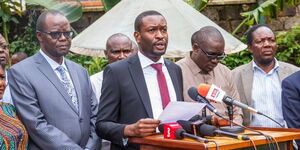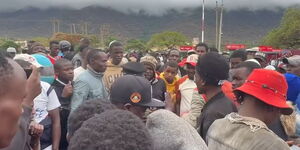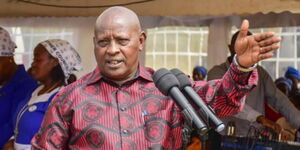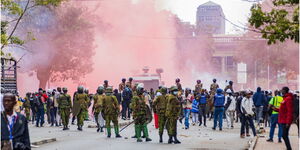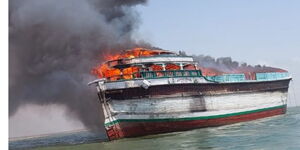Several weeks after the administration of United States President Donald Trump halted foreign aid, the World Health Organization (WHO) has new guidance to help countries counter the effects of the cuts on the health sector.
The new guidelines, titled Responding to the Health Financing Emergency, offer affected countries, including Kenya, a variety of policy options to help them cope with the sudden financing shocks resulting from the aid cuts.
In a statement on Monday November 3, the WHO revealed that this move was intended to strengthen efforts to secure sufficient and sustainable financing for national health systems.
WHO called on countries to prioritise health in national budgets, viewing health spending not as a cost to be contained, but as an investment in human dignity and economic resilience.
Among other key recommendations by the global health agency are prioritising the health services accessed by the poorest and protecting health budgets and essential health services.
WHO also challenged countries to improve efficiency through better procurement, reduced overheads, strategic purchasing and further integrate externally-funded services into comprehensive Primary Health Care-based delivery models.
Affected countries were also told to use health technology assessments to prioritise services and products that have the greatest health impact per dollar spent.
"There is a need for countries to cushion the immediate impact of reductions in foreign assistance for health, and to adapt to a new era of reduced assistance," WHO affirmed.
In its report, WHO commended Kenya, South Africa and Nigeria for allocating additional budget funds to health following the US government's move to stop foreign aid on health.
This comes amid struggles by several countries to fund critical health services. The health cuts that came into force early this year resulted in the closure of health facilities in many countries, with thousands rendered jobless.
President Trump, in January this year, initiated a near-total freeze on foreign aid, including assistance in the health sector, to align with the 'America First' strategy.
In Kenya, the decision resulted in the abrupt shortage of critical medicines, including antiretroviral and malaria medicines. It also led to the withdrawal of vaccine programmes.
The freeze further halted the health survey programmes and crucial data collection systems initiated by the United States Agency for International Development (USAID).



